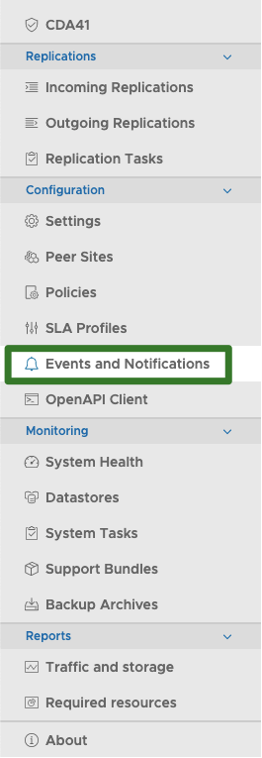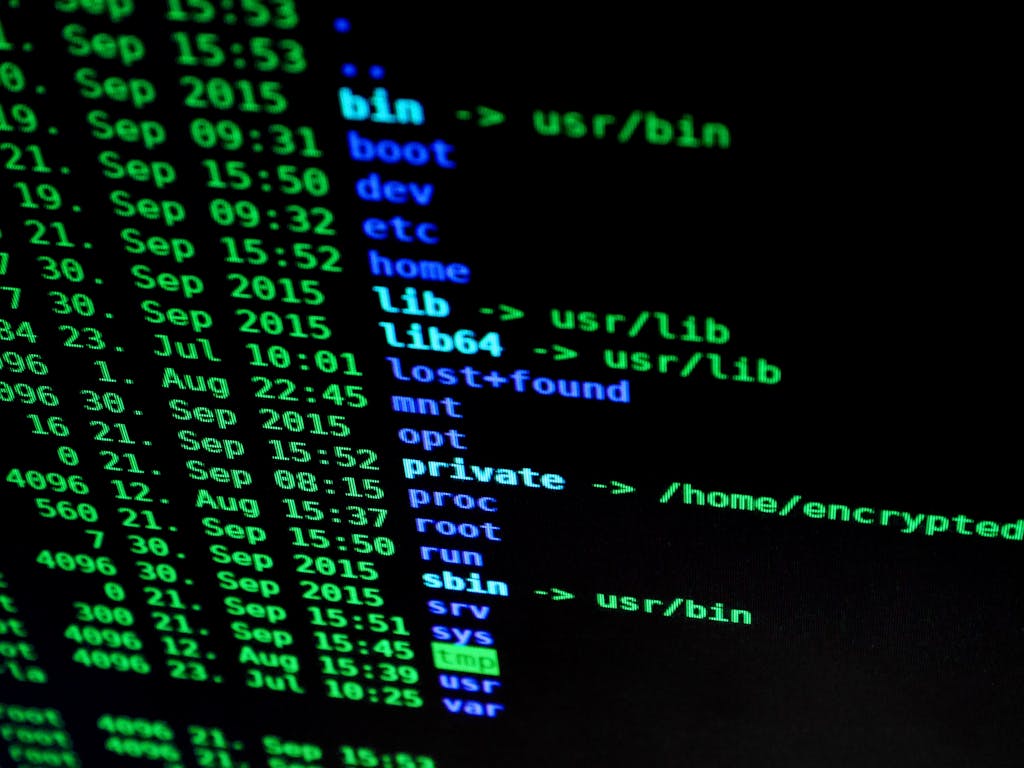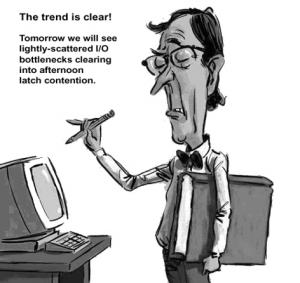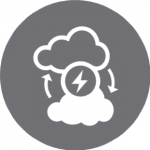Introduction
Contents
This blog attempts to address the concerns around the recent Java SE 8 public updates and what it means to VMware customers who use Java in their environment.
The below content is a collection of updates from Oracle Corporation which has been accumulated and posted in this blog for ease of reading for the viewers.

Oracle has announced that, effective January 2019, Java SE 8 public updates will no longer be available for “Business, Commercial or Production use” without a commercial license.
VMware has a commercial license and support agreement with Oracle for Java SE for Embedded Use and our commercial license allows for distribution until November 4, 2022.
What this means is
- For any VMware product , which is part of the VMware suite of products and which the customer is licensed to use by VMware, if that VMware product has a Java component/s ie if that VMware product has Java bundled with it as a product , VMware’s commercial license agreement till Nov 4, 2022 will cover all VMware core products including Java.
- For any non-VMware product , whether its a custom Java application deployed in a Guest VM or a 3rd part non-VMware product , both not part of the VMware suite of products, having a Java component/s, responsibility of licensing that Java component/s is ON the Customer. This change in licensing policy is a solely and wholly because of the fallout of the changes in Oracle Java licensing rules
Oracle Java SE Support Roadmap
From Oracle Java SE Support Roadmap :
The guidance below applies to three types of Java users:
- Oracle Customers. Oracle Customers are those Oracle customers with an active (1) Java SE Subscription and/or Java SE Desktop Subscription, (2) support contract for Oracle Java SE Advanced, Oracle Java SE Advanced Desktop, Oracle Java SE Suite, and/or Java SE Support, or (3) Java SE support entitlement for use of Java SE solely with another Oracle product (Visit My.Oracle Support Note 1439822.1 – All Java SE Downloads on MOS – Requires Support Login).
- Commercial Users. Commercial Users are entities other than Oracle Customers that use Java SE for free for business, commercial or production purposes as part of a Java application delivered by a third party or developed internally.
- Personal Users. Personal Users are individuals who use Java SE for free on personal desktops or laptops. Personal users include individuals using Oracle Java SE to develop applications for hobby or educational purposes, play games or run consumer productivity applications.
Oracle Java SE 8 Release Updates
Public updates for Oracle Java SE 8 will remain available for individual, personal use through at least the end of 2020.
Public updates for Oracle Java SE 8 released after January 2019 will not be available for business, commercial or production use without a commercial license.
More information on this can be found here.
End of Public Updates of Java SE 8
Java SE 8 is going through the End of Public Updates process for legacy releases.
Oracle will continue to provide free public updates and auto updates of Java SE 8, until at least the end of December 2020 for Personal Users, and January 2019 for Commercial Users.
Personal Users continue to get free Java SE 8 updates from Oracle at java.com (or via auto update), and Commercial Users continue to get free updates to Java SE 8 from OTN for free under the BCL license.
Starting with the April 2019 scheduled quarterly critical patch update, Oracle Customers can access updates to Java SE 8 for commercial use from Oracle through My Oracle Support and via corporate auto update where applicable (Visit My.Oracle Support Note 1439822.1 – All Java SE Downloads on MOS – Requires Support Login).
Oracle does not plan to migrate desktops from Java SE 8 to later versions via the auto update feature. This includes the Java Plugin and Java Web Start. Instead of relying on a browser-accessible system JRE, we encourage application developers to use the packaging options introduced with Java SE 9 to repackage and deliver their Java applications as stand-alone applications that include their own custom runtimes.
Oracle Java SE Subscription FAQ
What is a Java SE Subscription? What can I access with the Java SE Subscription?
Java SE Subscription is a simple, low-cost monthly subscription that includes Java SE Licensing and Support for use on Desktops, Servers or Cloud deployments, It follows a commonly used model, popular with Linux distributions. The subscription provides access to tested and certified performance, stability, and security updates for Java SE, directly from Oracle. It also includes access to My Oracle Support (MOS) 24×7, support in 27 languages, Java SE 8 Desktop management, monitoring, and deployment features, among other benefits. Visit Java SE Subscription for more information.
What happens if I do not renew a subscription?
At the end of your Java SE Subscription, your rights to any commercial software downloaded under the subscription, and your access to Oracle Premier Support, will end. We recommend transitioning your Java SE applications to OpenJDK binaries from Oracle (under a GPL license) before the end of your subscription if you do not intend to continue with the subscription. This will allow you to continue running your applications uninterrupted.
More information on Oracle Java Subscription can be found here.
What does it mean to VMware Customers?
From a VMware Standpoint –
Oracle has announced that, effective January 2019, Java SE 8 public updates will no longer be available for “Business, Commercial or Production use” without a commercial license.
VMware has a commercial license and support agreement with Oracle for Java SE for Embedded Use and our commercial license allows for distribution until November 4, 2022.
What this means is
- For any VMware product , which is part of the VMware suite of products and which the customer is licensed to use by VMware, if that VMware product has a Java component/s, VMware’s commercial license agreement till Nov 4, 2022 will cover all VMware core products.
- For any non-VMware product , whether its a custom Java application deployed in a Guest VM or a 3rd part non-VMware product , both not part of the VMware suite of products, having a Java component/s, responsibility of licensing that Java component/s is ON the Customer. This change in licensing policy is a solely and wholly because of the fallout of the changes in Oracle Java licensing rules.
- For guidance on Oracle Java Licensing beyond Nov 4, 2022 , Please reach out to your Field representative who can contact the product specific Product Manager to get more guidance on this issue for that specific product




